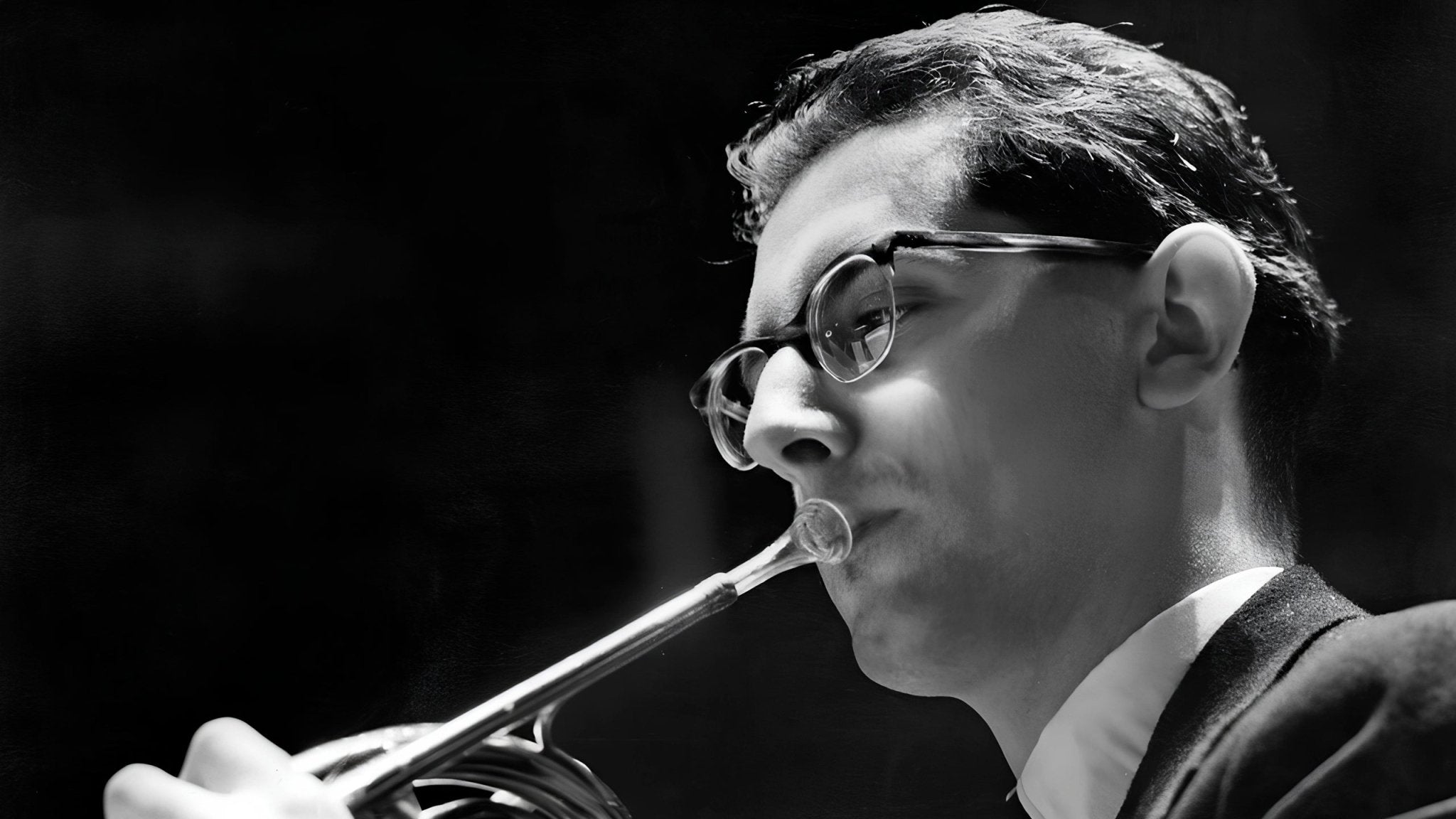
Barry Tuckwell: Biography, Career Highlights, and Awards
Barry Tuckwell is a well-known name in the realm of classical music. He is celebrated for the artistry and influence he left as a French horn player in the musical world. With a career of over five decades, he earned a reputation as the finest French horn player and the most recorded horn soloist of all time. In this article, we will explore his biography, career highlights, inspiration and awards.

Barry Tuckwell’s Brief Biography
Barry was born on March 5, 1931, in Melbourne, into a musical family. His creative journey began at a young age. He began by learning the organ, piano, and violin, showcasing remarkable skills with each instrument. Barry was introduced to the French horn through the recommendation of family friend Richard Merewether, who took on the role of his first horn teacher. Within six months, Barry already played it as a professional musician, despite the fact that the horn was considered one of the most difficult orchestral instruments to learn.

Two years later, at the age of 15, Barry was already playing with the Melbourne Symphony Orchestra as a third horn, and a year later he started to enrich his musical skills at the Sydney Conservatorium of Music with Alan Mann, known as one of the most influential Australian horn players. Barry played as Alan’s assistant in the Sydney Symphony Orchestra.

Barry Tuckwell’s Career Highlights
When Barry was 19, he moved to London, where he obtained his first job with the Halle Orchestra. Over the next four years, he also collaborated with other great orchestras, including the Buxton Spa Orchestra, Scottish National Orchestra, and Bournemouth Symphony Orchestra. In 1955, he received the position of the principal horn player of the London Symphony Orchestra (often abbreviated as LSO), and held it for the next 13 years. This was a pivotal moment in his career, as the position in LSO allowed him to immerse himself deeper into the professional music scene, which provided him with valuable insights and experience.

In addition to everlasting traditions of classical music, Tuckwell was also greatly inspired by the horn playing of his contemporaries. Throughout his long career with LSO, he was elected to the board of directors and even was a chairman of the board.
Barry Tuckwell was also actively involved in chamber music. In 1962, he established the trio, where he played alongside violinist Brenton Langbein and pianist Maureen Jones. The trio existed for many years and successfully played their concerts in Australia, Europe and Asia. He also had a wind quartet, established in 1968, which also toured worldwide.

Barry Tuckwell’s Solo Career
In 1968, Barry left the London Symphony Orchestra and began his solo career as a freelance musician. It was a smooth transition for him; however, it also required more practice. Tuckwell believed that musicians playing outside the orchestras could face the problem of under-playing, which could only be resolved through increased practice. Otherwise, it was easy to lose strength in lips and the ability to produce good sound.

He played as a soloist for the next thirty years, until 1997, when he retired after playing his last concert with Baltimore Symphony Orchestra at the age of 65.
As a conductor, Barry Tuckwell collaborated with many famous orchestras from the USA and Europe, including Tasmanian Symphony Orchestra, where he was a Chief Conductor, and Maryland Symphony Orchestra. He also appeared as a Guest Conductor with the Northern Sinfonia during their tour in North America, where they played fourteen concerts.

Barry Tuckwell’s Awards and Recognition
Barry Tuckwell’s career featured many remarkable achievements, including his international recognition for his great skills when performing with leading orchestras and chamber ensembles. Apart from his noteworthy collaboration with the London Symphony Orchestra as the principal horn player, he also gained his reputation for his emotional and precise interpretation of classical and contemporary repertoire.

Throughout his career, Barry Tuckwell received many awards and honors as the testament of his great talent and devotion to the chosen craft. Among his awards are:
- The Order of the British Empire and Order of Australia for his significant impact on the cultural landscape of these countries.
- Honorary Doctor of Music from the University of Sydney.
- The George Peabody Medal for Outstanding Contributions to Music in America.
- The Andrew White Medal from Loyola College.
- The Sir Bernard Heinze Memorial Award.
- JC Williamson Award, the LPA's highest honor.
Barry also received three Grammy nominations and entered the musical world as the most recorded horn player. Tuckwell had written several books devoted to French horn and playing techniques. He also frequently shared his knowledge through workshops and held the positions of Professorial Fellow (University of Melbourne), Artist-in-Residence (Dartmouth and Pomona Colleges) and Professor of Horn (the Royal Academy of Music).
Tuckwell is especially celebrated for his role in expanding the French horn repertoire. He actively collaborated with composers and premiered new works, enriching the horn’s place in classical music. The musician died at the age of 88, on 16 January 2020.

Conclusion
Barry Tuckwell entered the history of classical music as a talented orchestral player, soloist, chamber musician, conductor, and teacher. His name became one of the most recognizable in horn playing of the 20th century. Tuckwell expanded the role of the French horn in music and presented the world with astonishing interpretations of classical works. These days, his recordings continue to inspire new generations of musicians, cementing his legacy as one of the greatest horn players of his time.

We invite you to discover more interesting facts about other famous musicians such as Tommy Dorsey, John Coltrane, Curtis Fuller, and others.
If you’re a French horn player, check out our French horn leather accessories to enhance the appearance and expand the lifespan of your instrument. We also have high-quality accessories for conductors.



 https://mgleatherwork.com/pages/about-us
https://mgleatherwork.com/pages/about-us
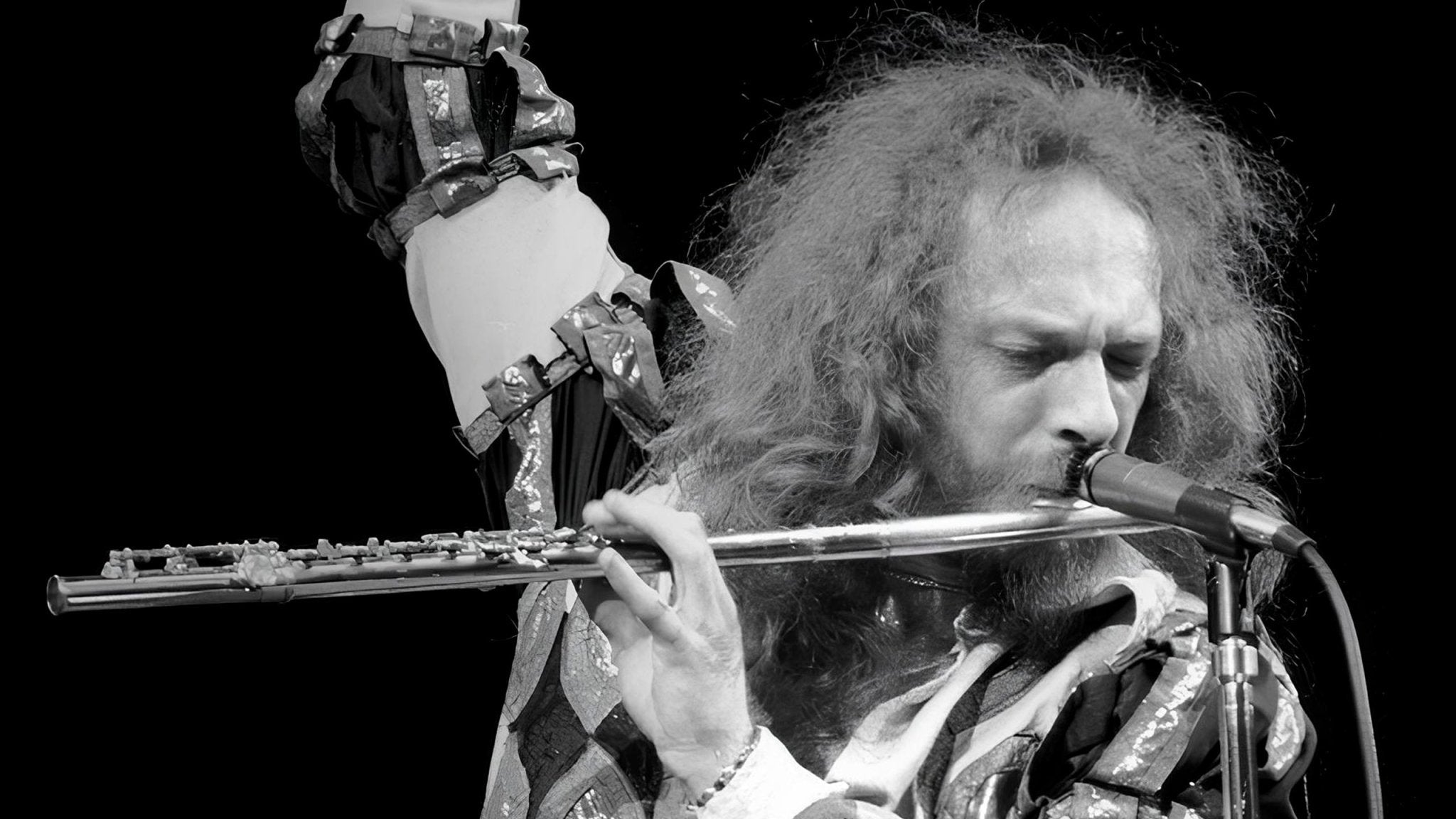
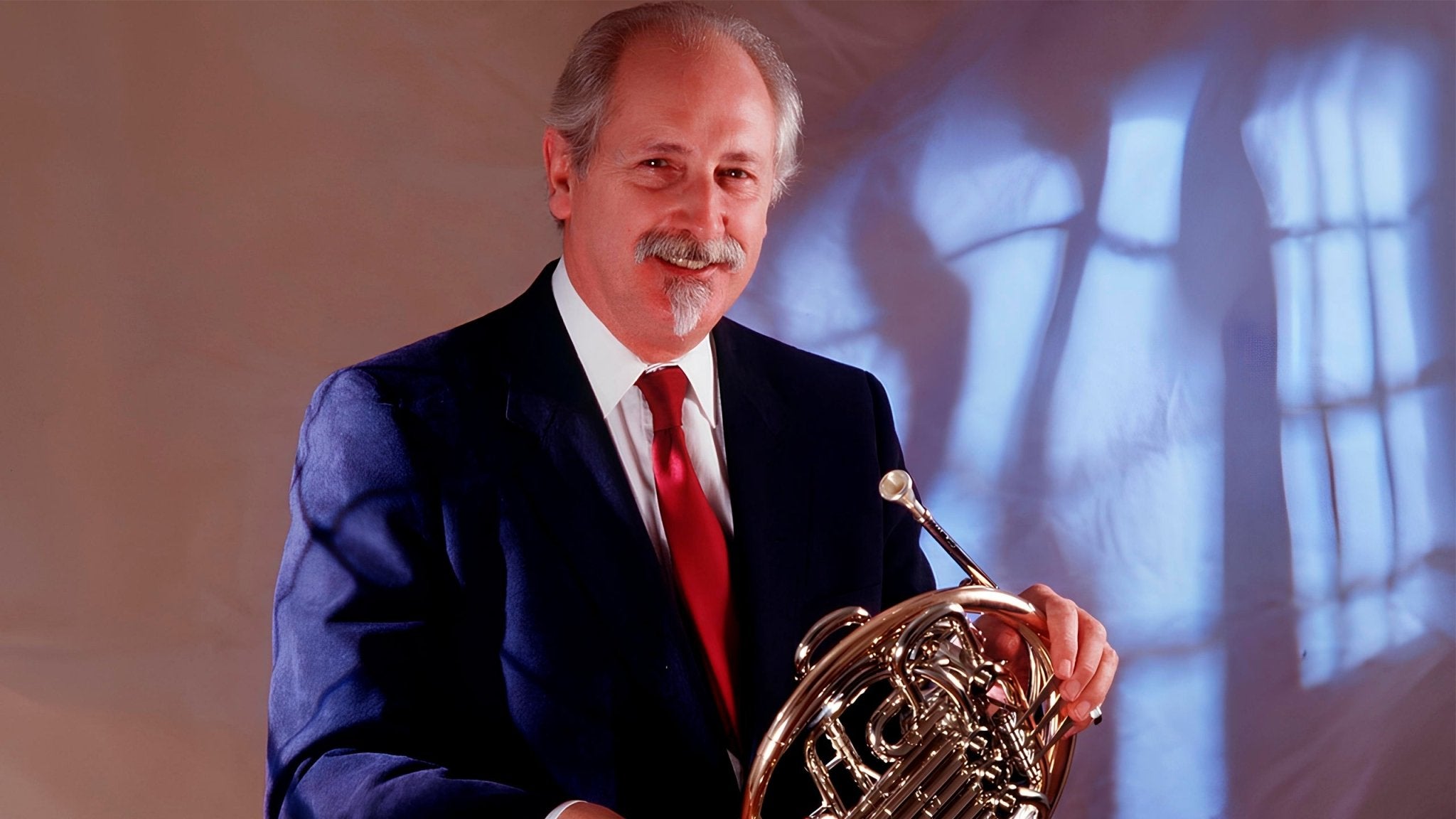
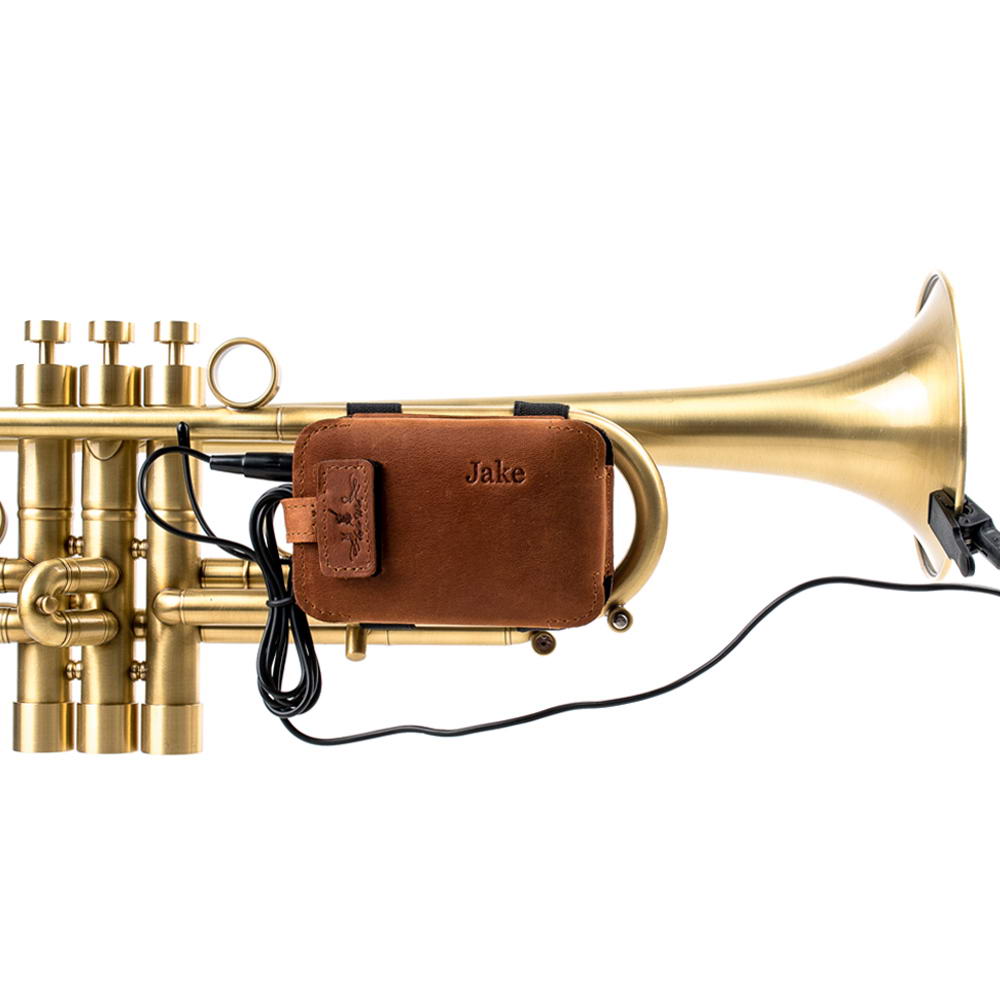
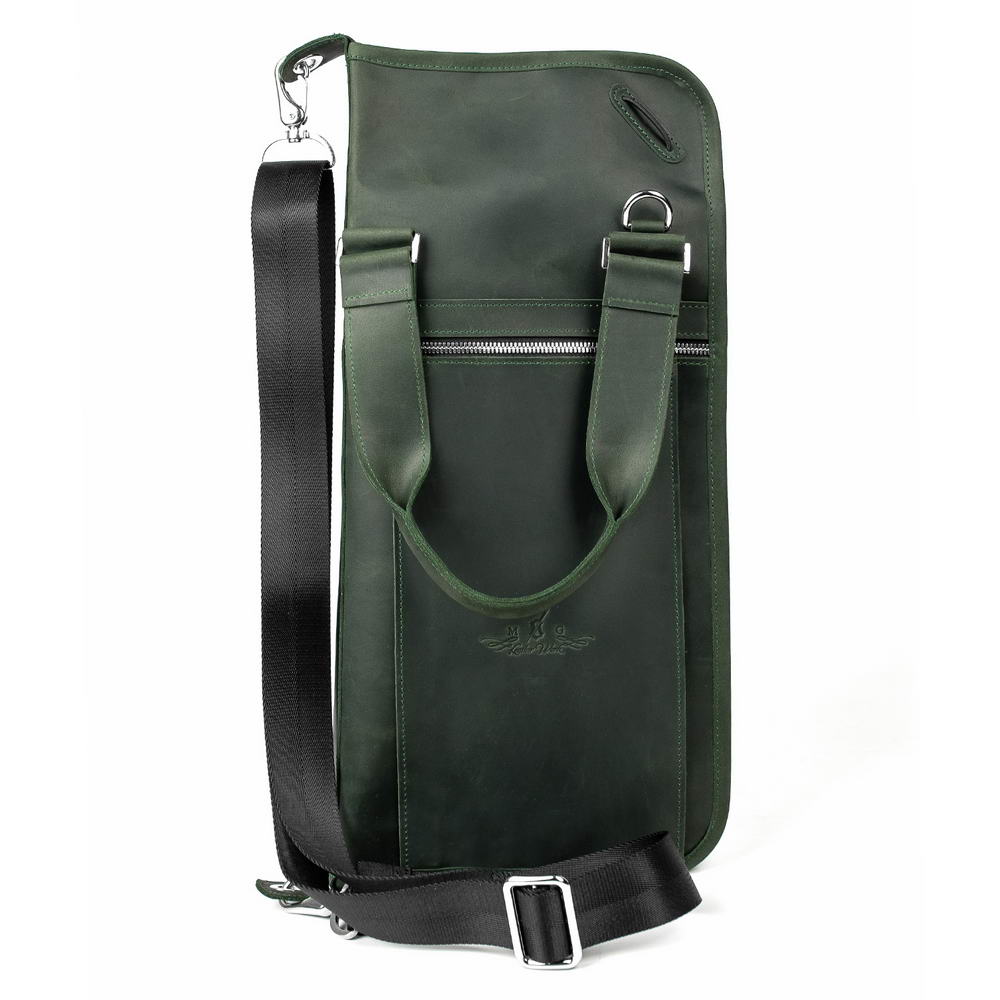
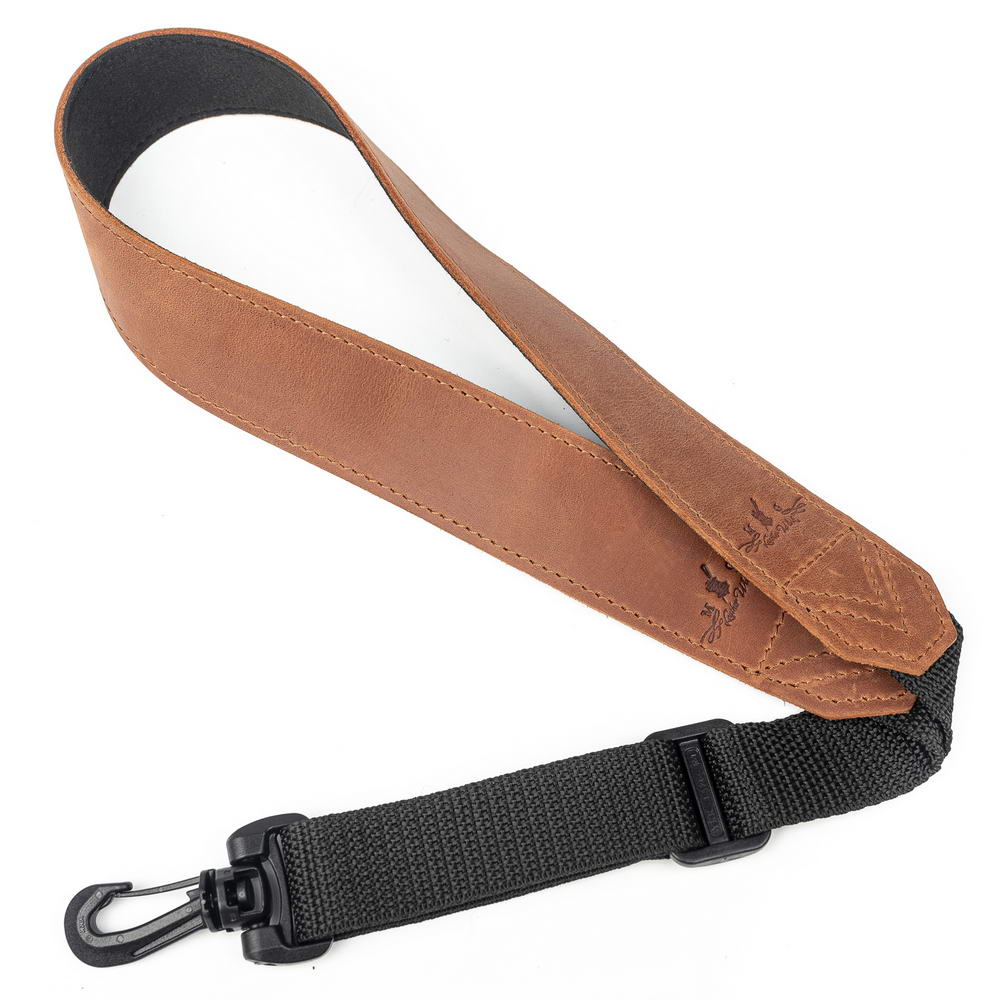
Leave a comment
This site is protected by hCaptcha and the hCaptcha Privacy Policy and Terms of Service apply.